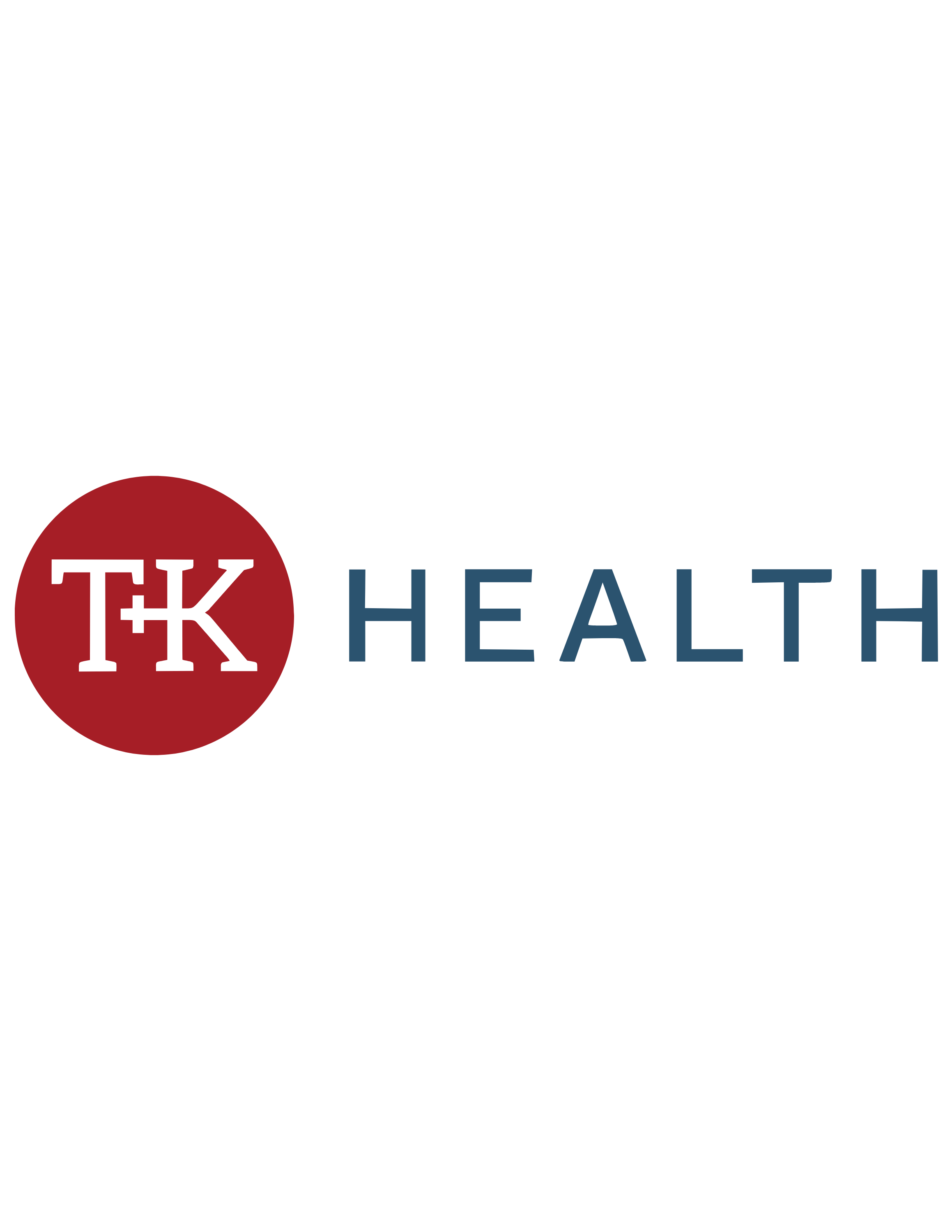You’re considering various jobs in nursing and are curious about working in correctional healthcare. It seems challenging and interesting, but you wonder, “How much does a correctional nurse make?” This post provides an overview of the salary and benefits you might expect as a correctional nurse.
What is a Correctional Nurse?
A correctional nurse provides healthcare services to people incarcerated in correctional facilities, such as prisons, jails, and juvenile detention centers.
The role of a correctional nurse includes:
- Delivering medical care
- Managing chronic health conditions
- Addressing mental health needs
- Responding to emergencies
Correctional nurses work closely with other medical professionals and corrections staff to ensure inmates’ well-being. They handle medical issues from routine health checks to acute injuries.
How Much Does a Correctional Nurse Make?
How much money a correctional nurse makes depends on factors like experience, location, facility type, and who you work for.
The national average salary for correctional nurses in the United States typically ranges between $58,000 and $85,000 per year, which translates to about $28-$40 an hour.
While the salary for a correctional nurse is often comparable to other nursing roles, salaries may vary slightly based on the environment. For example:
- Hospital Nurses. These nurses often earn a similar base pay to correctional nurses but may have more opportunities for bonuses and overtime in certain departments.
- Community Health Nurses. Nurses in this area typically earn slightly less due to the nature of their work and funding sources.
- Travel Nurses. These nurses tend to have higher salaries due to the temporary nature and demand of their positions.
Correctional nursing salaries tend to fall in the mid-range for nursing specialties but often include additional benefits and job stability that enhance the overall compensation package.
Factors That Influence Correctional Nurse Salaries
Correctional nursing salaries can vary widely based on some key factors. These elements influence how much you earn and help explain why pay may differ between similar roles, even those with the same company.
Location
Where you work plays a significant role in determining salary.
States with higher living costs, such as California, New York, and Massachusetts, typically offer higher wages to offset living expenses. Whereas states like Oklahoma, where TK Health is headquartered, have a much lower cost of living and, therefore, reduced salaries.
Urban areas often offer higher salaries due to the higher demand for healthcare professionals, while rural areas may offer incentives to attract talent.
Experience and Education
Your level of experience and education significantly impact your salary.
If you’re just starting in correctional healthcare or nursing, in general, you may earn on the lower end of the salary spectrum, where nurses with several years of experience or advanced skills will earn more.
If you have advanced education, specialized certifications, or experience in correctional health or other applicable types of healthcare, you will probably also earn more than those without.
Facility Type and Contract
The type of correctional facility where you work also influences pay.
Prisons tend to offer higher salaries than jails because of where they’re located, the types of patients, and healthcare issues that might arise.
Jails tend to be smaller and hold fewer people, reducing the patient load and job demands.
The medical care contract with the facility’s directors also may impact the pay rate.
Work Schedule and Hours
The hours you work and schedule flexibility can impact your overall earnings.
Like in other roles, full-time nurses will receive higher salaries and benefits, while part-time jobs may offer less compensation but more flexibility.
Correctional facilities often need around-the-clock care, so you can increase your income significantly if you’re willing to work night shifts, weekends, or overtime. Some facilities may offer bonuses, or “shift incentives” for covering difficult-to-fill shifts.
Regional Demand
Regions experiencing healthcare worker shortages or higher incarceration rates may offer higher pay to attract nurses. States with larger inmate populations, such as Texas, Florida, and California, may also offer higher wages due to the increased demand for qualified correctional healthcare providers.
Benefits Beyond Salary
While salary is a significant factor in any career decision, there are a lot of other benefits of correctional nursing. These perks often make this field an attractive option for nurses seeking stability and unique opportunities.
Comprehensive Healthcare and Retirement Benefits
Most correctional healthcare employers provide robust healthcare packages for full-time employees that include medical, dental, and vision insurance and mental health support.
Correctional nurses also often benefit from retirement plans such as a 401(k).
Paid Time Off and Leave Policies
Correctional nurses often have generous PTO policies, including vacation days, sick leave, and holidays. Additional leave options, such as parental leave or extended time off for continuing education or extended illnesses, are also often part of the employment package.
In addition to offering time off, some companies may also provide reimbursement for continuing education, including specific certifications or higher-level degrees.
Job Stability
Correctional healthcare is a stable career choice due to the consistent demand for healthcare services within the corrections system. Unlike some nursing roles that may fluctuate with economic conditions, you’ll never have to worry about job security or employment opportunities.
Personal Fulfillment
Working with incarcerated people can be challenging, but it can also lead to meaningful interactions where you can see the positive change you make in someone’s life. This role offers a lot of variation in your daily job tasks and personal fulfillment.
Is Correctional Nursing a Good Job Choice for You?
Only you can answer the question of whether correctional nursing is the right job role for you.
Correctional nursing provides financial security in a unique role and challenging work environment, but it isn’t for everyone. Like in other nursing roles, you must have a heart for the work and believe everyone deserves the best care. You also must be comfortable working in a corrections environment.
If you’re interested in working in correctional nursing, TK Health wants to talk to you. We’re an Oklahoma-based correctional healthcare provider that employs about 760 nurses in jails across the region. We provide excellent pay and benefits, and we’re adding to our team. Take a look at our open roles.

